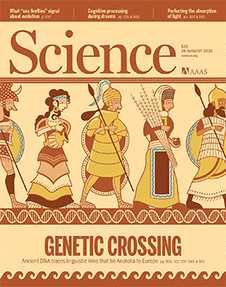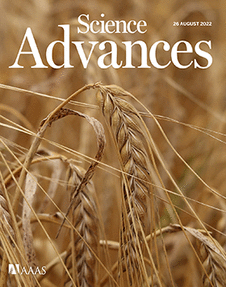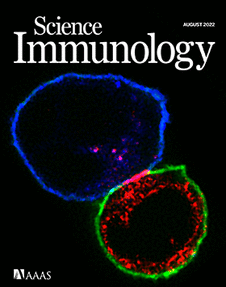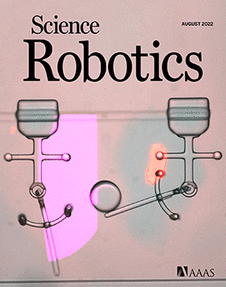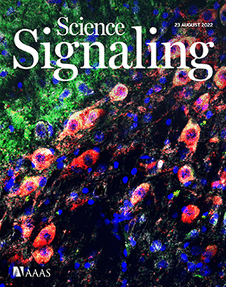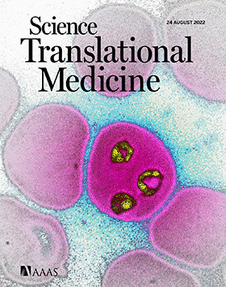The brain is an exquisitely sensitive organ. Disruption of the smallest neural pathways and connections can have dramatic effects. Yet neuroscientists and neurosurgeons have managed to pinpoint—sometimes down to the individual cell level—disruptive signaling that can be targeted through the insertion of delicate electrodes directly into the brain to electrically stimulate nerve cells. But being invasive, these treatments come with a certain surgical risk that can sometimes outweigh the reward. An alternative solution that has a long history but has recently been gaining increased scientific attention is noninvasive neuromodulation using transcranial stimulation with electrical impulses, electromagnetic stimulation, or ultrasound treatment.
This webinar will introduce the viewer to some of the latest, exciting technologies in the field of noninvasive neuromodulation, presented by recent winners of the Science & PINS Prize for Neuromodulation and other experts.
During the webinar, viewers will:
- Learn how the many applications of neurostimulation technologies can enable personalized treatment for neurological and psychiatric disorders
- Hear about promising new noninvasive neuromodulation techniques such as transcranial ultrasound stimulation and high-definition transcranial alternating current stimulation
- Discover how increasingly precise and tunable neuromodulation techniques have potential applications for treating a growing number of neurological and psychiatric disorders.
This webinar will last for approximately 60 minutes.
